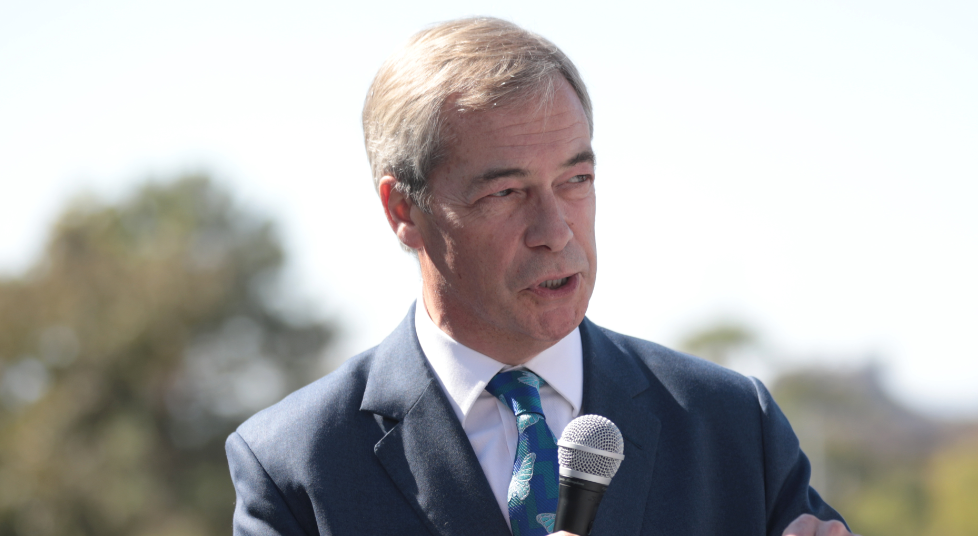Nigel Farage claims the West provoked Russia’s invasion of Ukraine, igniting fierce debate.
Others are reading now
Nigel Farage, leader of the British right-wing party Reform UK, claimed that the European Union (EU) and NATO provoked Russia’s invasion of Ukraine.
Farage made these remarks ahead of the upcoming parliamentary election on July 4, during an interview on BBC, as reported by The Guardian.
Farage’s Bold Accusations
Farage stated,
“I stood up in the European Parliament in 2014, and I said: ‘There will be a war in Ukraine’. Why did I say that? It was clear to me that the continuous eastern expansion of NATO and the EU gave that man (Putin) a reason to say ‘they are coming after us again’ and then go to war.”
Also read
He continued,
“We provoked this war. Of course, it’s his fault; he has used what we have done as an excuse.”
Contradicting the British Stance
Farage’s comments starkly oppose the current British stance on the conflict.
The UK has been a prominent supporter of Ukraine in its confrontation with Russian President Vladimir Putin.
James Cleverly, the Conservative Home Secretary, criticized Farage’s statements, accusing him of echoing
“Putin’s vile justification for the brutal invasion of Ukraine.”
Prime Minister Rishi Sunak has previously dismissed the notion of blaming the West for the war as “obviously ridiculous.”
Nigel Farage has a history of stirring controversy.
He has never been elected to the British House of Commons but is well-known for his critical stance on the EU, having served as a member of the European Parliament.
His latest remarks continue his trend of challenging mainstream political narratives.
Farage’s statements have sparked significant backlash. Critics argue that his perspective undermines the collective Western effort to support Ukraine in its time of need and plays into Russian propaganda. Supporters of Farage, however, might see his comments as a call to re-examine the strategies and motivations behind NATO and EU actions in Eastern Europe.


